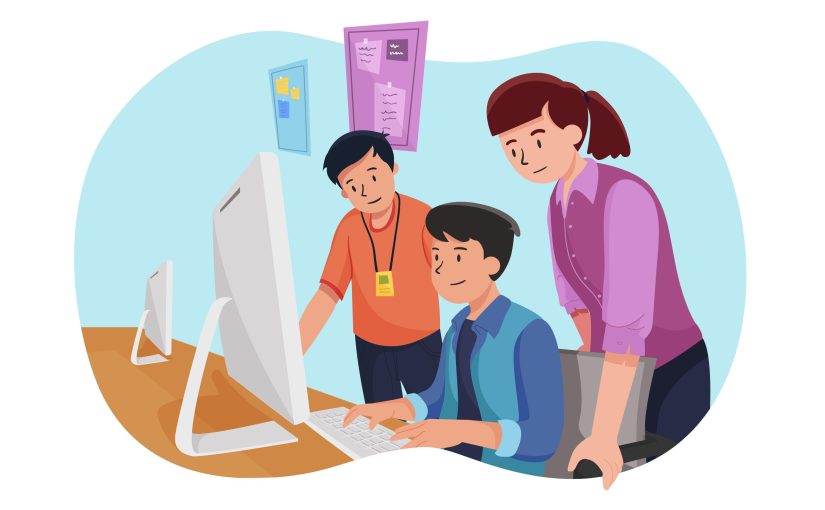 ABA Courses
ABA Courses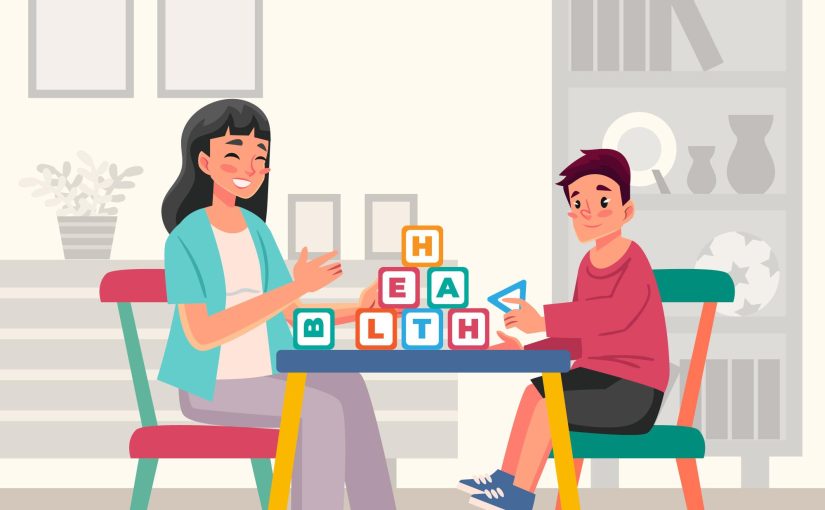 Behavioral Therapy for Autism
Behavioral Therapy for Autism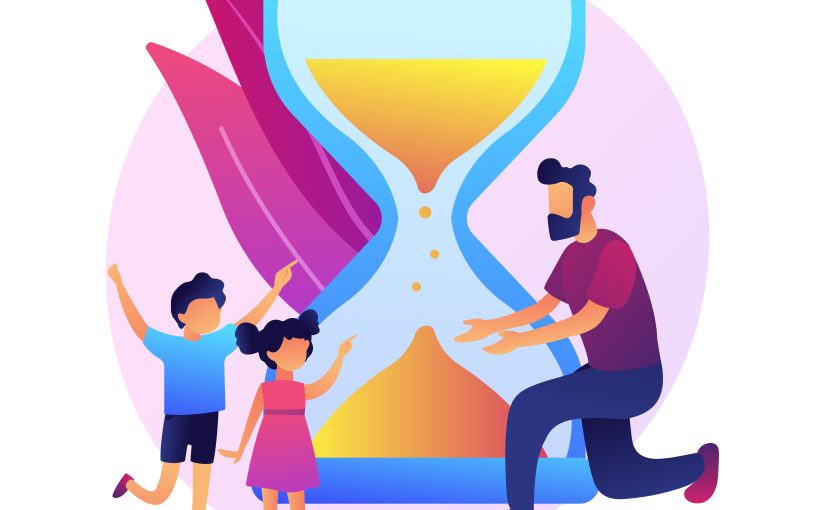 Developmental Delay
Developmental Delay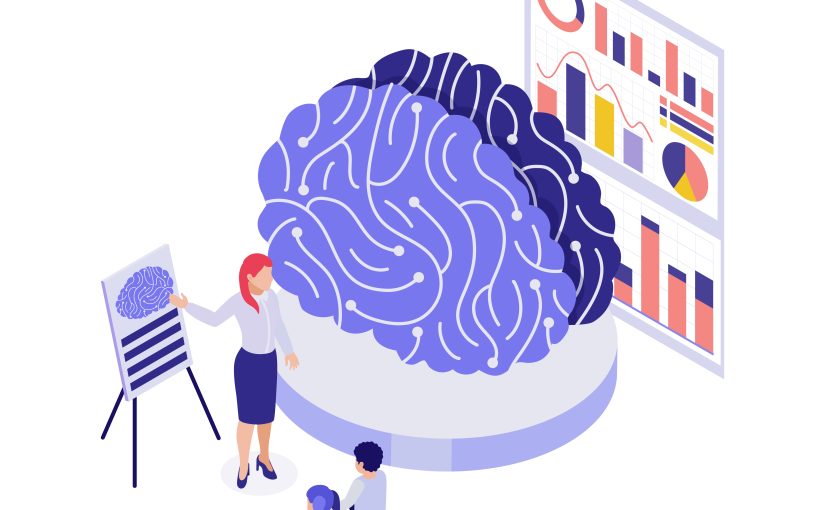 Neuro developmental Therapy
Neuro developmental Therapy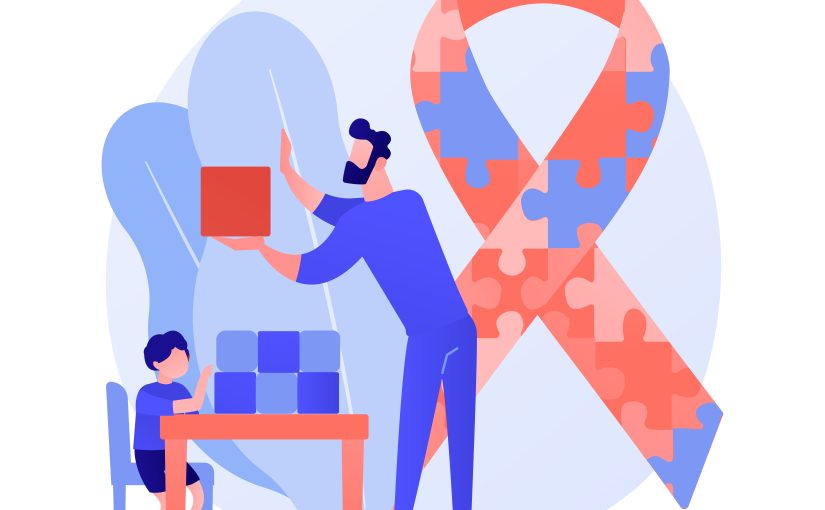 Down Syndrome Therapy
Down Syndrome Therapy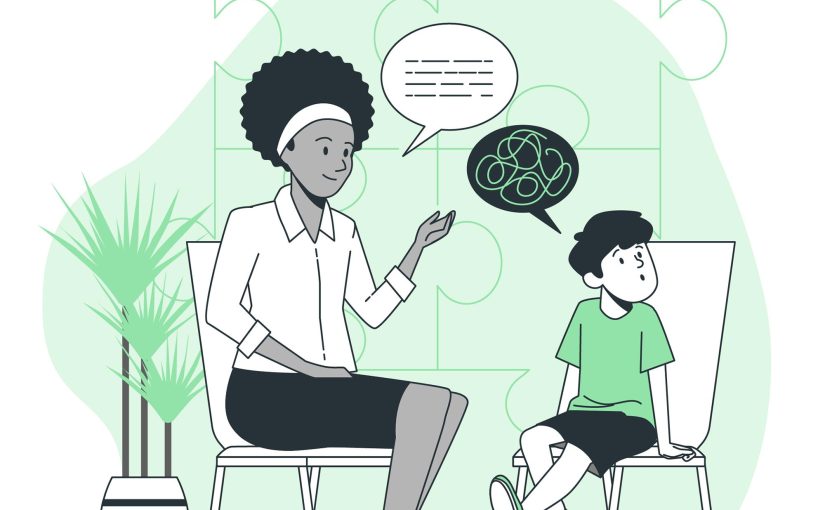 Autism Screening
Autism Screening Vocational Training
Vocational TrainingThis therapy focuses on using music as a way to address the physical, cognitive, emotional, and social needs of a child. It can involve singing, listening to music, moving to music, creating music and using various instruments, rhythms and sounds.
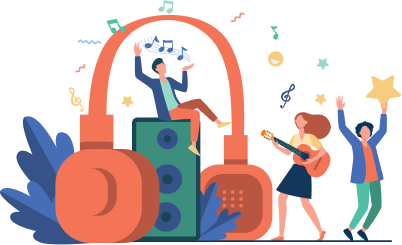
Music therapists make use of music-based experiences to address different needs of their clients in the human functioning domains of cognition, academics, emotions, psychology, communication, social and behavior. Anyone can engage in therapy; you don’t need a background in music to experience its beneficial effects.
Various musical elements like melodies, harmonies, keys, rhythms, pitches, instrumentation etc. are used for therapeutic effects by strategically designing musical experiences.
Music therapy is both physically and mentally beneficial for all individuals, as suggested by evidence. An improved heart rate, stimulation of the brain, improved learning and reduced anxiety are just some of the direct benefits of therapy. It is an evidence-based treatment that helps with a variety of disorders including Alzheimer’s disease, autism, cardiac conditions, depression etc.
Many healthcare authorities claim that therapy is an effective method in helping individuals with mental health issues, and that more should be done to offer this therapy to those in need. It can help with memory, lower blood pressure, reduce stress, improve coping & self-esteem and more.
TYPES OF MUSIC THERAPY
The two fundamental types of therapy are receptive therapy and active therapy. Either or both can also lead to verbal discussions, depending on client needs and the therapist’s orientation.
Receptive Music Therapy
Listening to recorded or live music is a part of receptive therapy. People listen and respond to the music instead of creating it, acting as recipients of the music experience. It can improve mood, decrease stress & pain, enhance relaxation, decrease anxiety and also help with coping skills. There is also evidence of change in the chemistry of one’s body through receptive therapy - e.g. lowered cortisol levels.
Active Music Therapy
Patients directly engage in some form of music-making in active therapy, e.g. singing, playing instruments, composing, song writing etc.
MUSIC THERAPY FOR CHILDREN
A pianist and composer, Paul Nordoff was a Juilliard School graduate and Professor of Music who gave up his academic career to investigate the possibility of music as a means of therapy after seeing special needs children respond very positively to music. Clive Robbins was a special educator who partnered with Nordoff for over 17 years in the 1950s and 60s to explore and research music’s effects on special needs children in the UK and US. They established programs for children with mental disorders, developmental delays, emotional disturbances and other handicaps through their pilot projects, including placements at care units for autistic children and child psychiatry departments. They achieved great success at establishing a means of communication and relationships with cognitively impaired children. Nordoff and Robbins’ success became known globally in the mental health community.
Music therapy, when used with other rehabilitation methods, has increased the success rate of cognitive, communicative and sensorimotor rehabilitation. Music can do both - motivate and provide a sense of distraction. Additionally, singing is a form of rehabilitation for neurological impairments.
MUSIC THERAPY FOR AUTISM
Music therapy for autism is thought to be helpful for autistic children by providing repetitive stimuli focussed on “teaching” the brain possible ways to respond that might be more useful as they grow older. Many positive effects in children are indicated by studies on the long term effects of therapy for autism. Increased communication skills, social interaction, ability to be creative and expressive, and decreased stress are some of these aforementioned effects. Therapy for autism benefits both the autistic child and the family as a whole. Many parents of autistic children claim that therapy for autism allowed their child to interact more with the family and the world. Another way that therapy for autism is beneficial includes the outlet that it gives children even outside the scope of their sessions. Children often keep making music long after their sessions end.
WHAT DOES A MUSIC THERAPIST DO?
Before therapy sessions, a music therapist assesses the needs and strengths of the client/patient in terms of physical health, emotional well-being, motor skills, social functioning, cognitive skills, trauma history & triggers etc. The music therapist also discusses any musical background or skills that the client may have, including their musical preferences. The music therapist then identifies goals and designs suitable therapy experiences for sessions.
During a therapy session, the therapist may do one or more of the following with children - Create music, sing music, listen to music, move to music, discuss lyrics or play an instrument etc.
The music therapist then evaluates the effectiveness of the sessions and determines if goals are being met properly.
BENEFITS OF MUSIC THERAPY
Research on music therapy supports its effectiveness in the following domains:
Music therapy is also often used to help children and adolescents:
MUSIC THERAPY AT COGNIABLE
CogniAble’s music therapist aims at facilitating age appropriate social skills, language skills, also motor skills and coordination. The music therapist conducts various activities such as singing, guitar playing, rhyming sessions, composing songs and introducing new words to children through music. Therapy provided in sync with other relevant therapies offers the right intervention for the progress of special needs children. Therapy for autism includes many activities that are pleasurable for children. This therapy is one of the most fun ways of learning for children, with many recreational aspects that they enjoy.
Copyright © 2023 all right reserved.